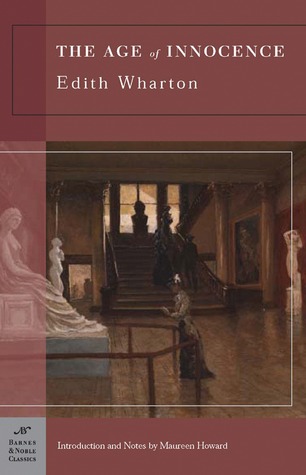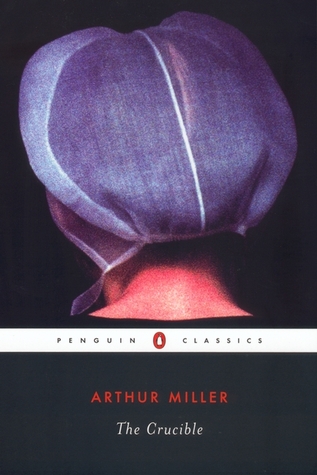While reading Brave New World, it eventually becomes apparent that Bernard Marx is not the great character he first seems to be. Although he initially seems like an honorable character that believes in a better society, it later becomes clear that he merely has an inferiority complex and is unable to act on the system of beliefs about women and society that he earlier claims he believes in. Instead, he rides his wave to popularity and fame, and falls right into place with the behaviors and societal norms he so harshly criticizes earlier in the novel. Not only that, but Bernard's lust for Lenina and the limelight indirectly lead to the death of an innocent man, John.
 As I was reading, I suddenly became reminiscent of a character from a novel we had read a few months back: Newland Archer from The Age of Innocence. Like Bernard, Newland claims to believe that women get a bad wrap. He says he believes women should have every option men should have and should be respected in every way a man should. However, when he realizes he truly loves Ellen Olenska, and not May, he is unable to act on his feelings. He wants to have both Ellen and May. He expects May to act like a traditional, respectable wife, but wants Ellen to be willing to wait for him on the side. Instead of owning up to his beliefs and trying to further the advances of women by supporting an abused woman that he loves, he is paralyzed by fear and decides to continue to support the patriarchal system he seemed so against in the beginning.
As I was reading, I suddenly became reminiscent of a character from a novel we had read a few months back: Newland Archer from The Age of Innocence. Like Bernard, Newland claims to believe that women get a bad wrap. He says he believes women should have every option men should have and should be respected in every way a man should. However, when he realizes he truly loves Ellen Olenska, and not May, he is unable to act on his feelings. He wants to have both Ellen and May. He expects May to act like a traditional, respectable wife, but wants Ellen to be willing to wait for him on the side. Instead of owning up to his beliefs and trying to further the advances of women by supporting an abused woman that he loves, he is paralyzed by fear and decides to continue to support the patriarchal system he seemed so against in the beginning.
Another character I came across recently that reminds me immensely of Bernard is John Proctor from The Crucible. Even though Proctor redeems his actions to his wife at the end of this play, it is Proctor's inaction throughout the Salem witch trials that allows the accusations to go as far as they did. Had Proctor admitted to his affair with Abigail to the town minister in the beginning, Abigail would never have gained as much power, which would have saved the lives of many Salemites, including his own. Proctor expects everyone in town to admit to their own sins, but does not expect the same of himself. Unfortunately, by the time he realizes he must come clean, it is too late. Sadly, his inaction and hypocritical nature is indirectly responsible for the accusations, and deaths, of innocent men and women.
What characters have you encountered recently that carry the stench of hypocrisy?

No comments:
Post a Comment